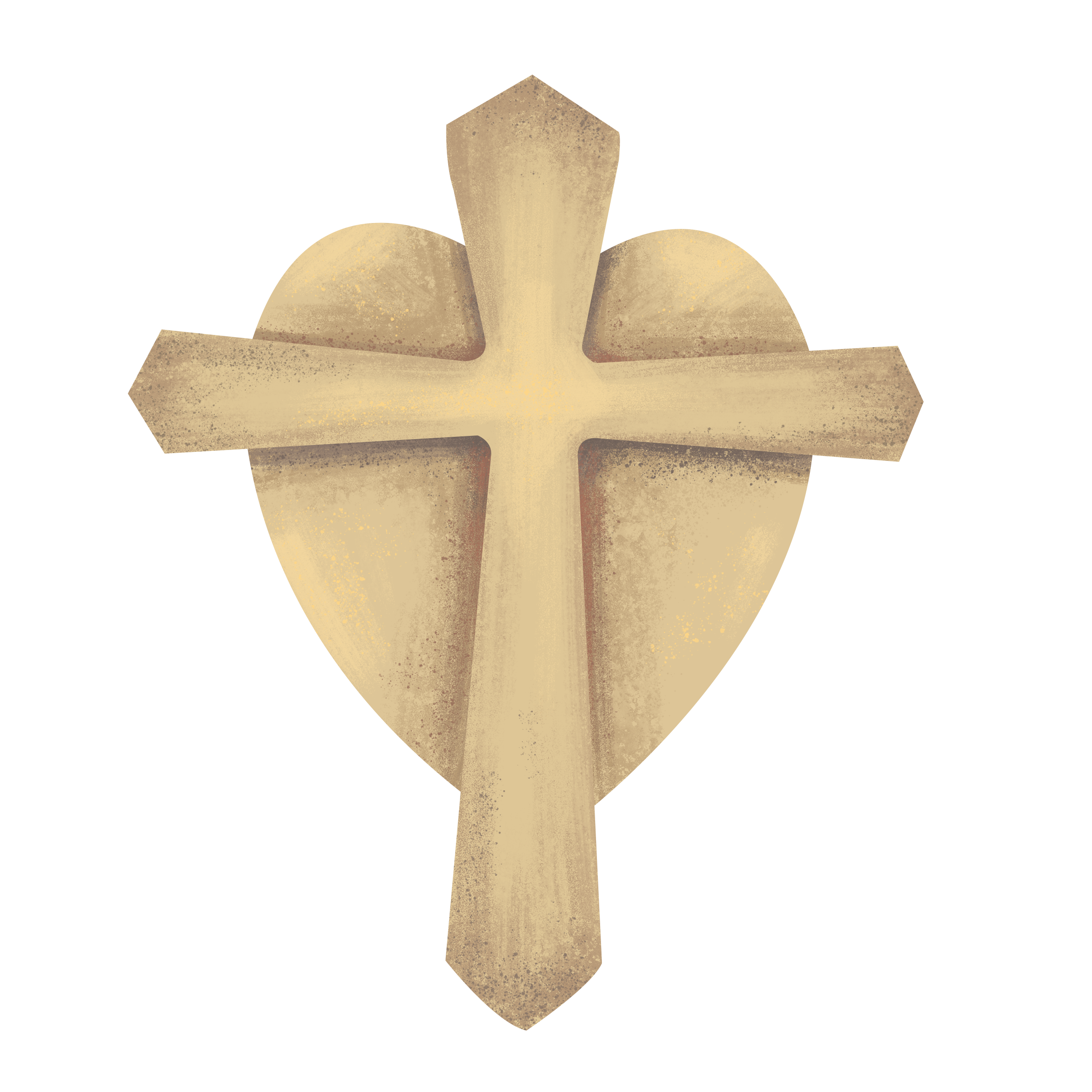
15 Jul Feast of St. Bonaventure
Praise be Jesus Christ!
Today marks the blessed Feast of Saint Bonaventure, a scholastic theologian, philosopher and mystic.
“Saint Bonaventure (1221 – 15 July 1274), born Giovanni di Fidanza, was an Italian medieval Franciscan, scholastic theologian and philosopher. The seventh Minister General of the Order of Friars Minor, he was also Cardinal Bishop of Albano. He was canonized on 14 April 1482 by Pope Sixtus IV and declared a Doctor of the Church in the year 1588 by Pope Sixtus V. He is known as the ‘Seraphic Doctor.'”
From The Journey of the Mind to God, by St. Bonventure
(Cap. 7,1.2.4.6: Opera omnia 5, 312-313)
Mystical wisdom is revealed by the Holy Spirit
Christ is both the way and the door. Christ is the staircase and the vehicle, like the “throne of mercy over the Ark of the Covenant,” and “the mystery hidden from the ages.” A man should turn his full attention to this throne of mercy, and should gaze at him hanging on the cross, full of faith, hope and charity, devoted, full of wonder and joy, marked by gratitude, and open to praise and jubilation. Then such a man will make with Christ a “pasch,” that is, a passing-over. Through the branches of the cross he will pass over the Red Sea, leaving Egypt and entering the desert. There he will taste the hidden manna, and rest with Christ in the sepulchre, as if he were dead to things outside. He will experience, as much as is possible for one who is still living, what was promised to the thief who hung beside Christ: “Today you will be with me in paradise.”
For this passover to be perfect, we must suspend all the operations of the mind and we must transform the peak of our affections, directing them to God alone. This is a sacred mystical experience. It cannot be comprehended by anyone unless he surrenders himself to it; nor can he surrender himself to it unless he longs for it; nor can he long for it unless the Holy Spirit, whom Christ sent into the world, should come and inflame his innermost soul. Hence the Apostle says that this mystical wisdom is revealed by the Holy Spirit.
If you ask how such things can occur, seek the answer in God’s grace, not in doctrine; in the longing of the will, not in the understanding; in the sighs of prayer, not in research; seek the bridegroom not the teacher; God and not man; darkness not daylight; and look not to the light but rather to the raging fire that carries the soul to God with intense fervour and glowing love. The fire is God, and the furnace is in Jerusalem, fired by Christ in the ardour of his loving passion. Only he understood this who said: “My soul chose hanging and my bones death.” Anyone who cherishes this kind of death can see God, for it is certainly true that: “No man can look upon me and live.”
Let us die, then, and enter into the darkness, silencing our anxieties, our passions and all the fantasies of our imagination. Let us pass over with the crucified Christ “from this world to the Father,” so that, when the Father has shown himself to us, we can say with Philip: “It is enough.” We may hear with Paul: “My grace is sufficient for you;” and we can rejoice with David, saying: “My flesh and my heart fail me, but God is the strength of my heart and my heritage for ever. Blessed be the Lord for ever, and let all the people say: Amen. Amen!”
source: The Liturgy of the Hours (New York: Catholic Book Publishing Corp, 1975), 1469-1471.

